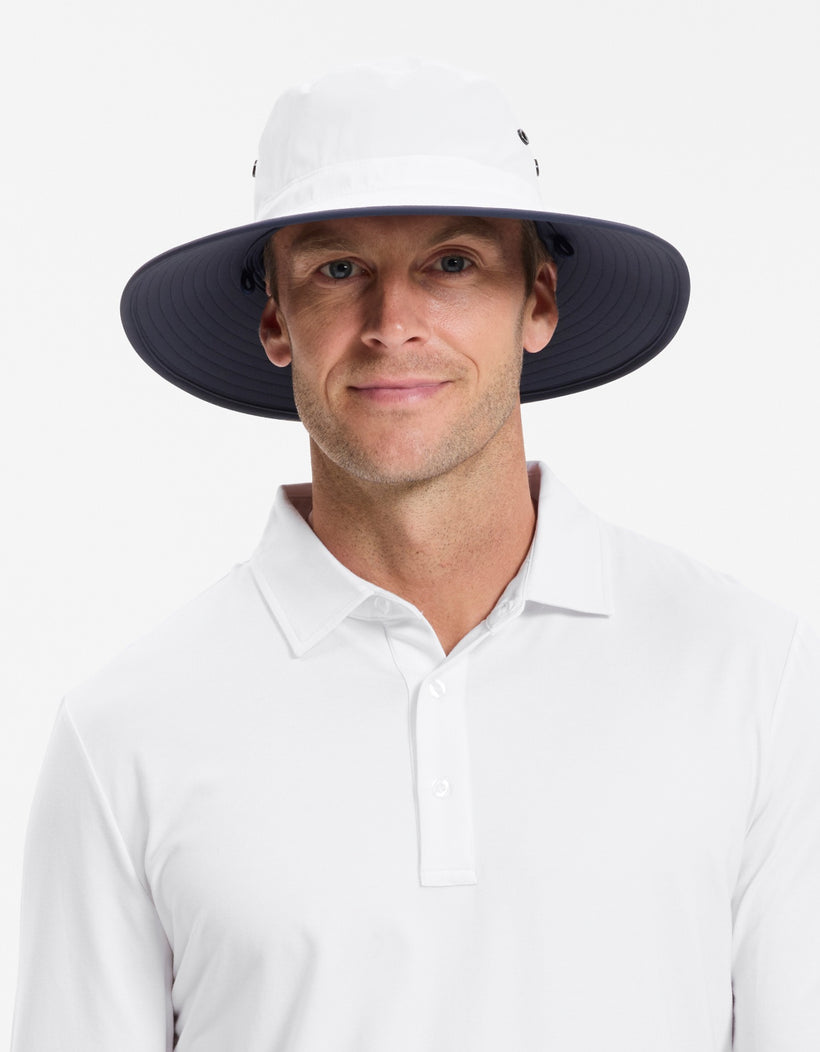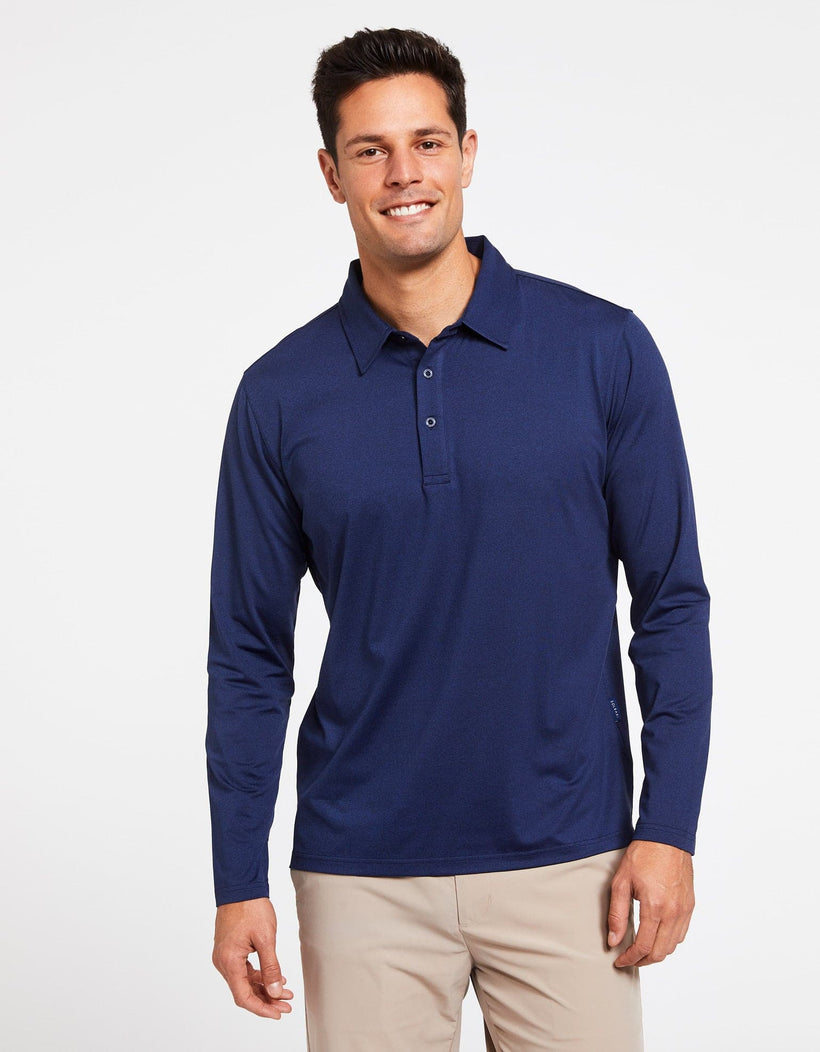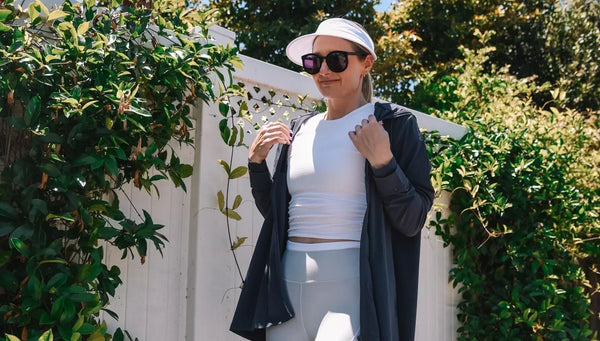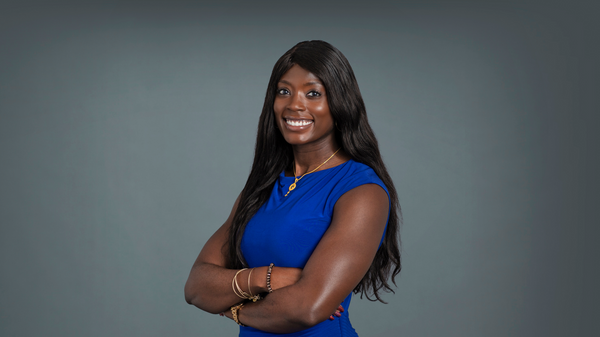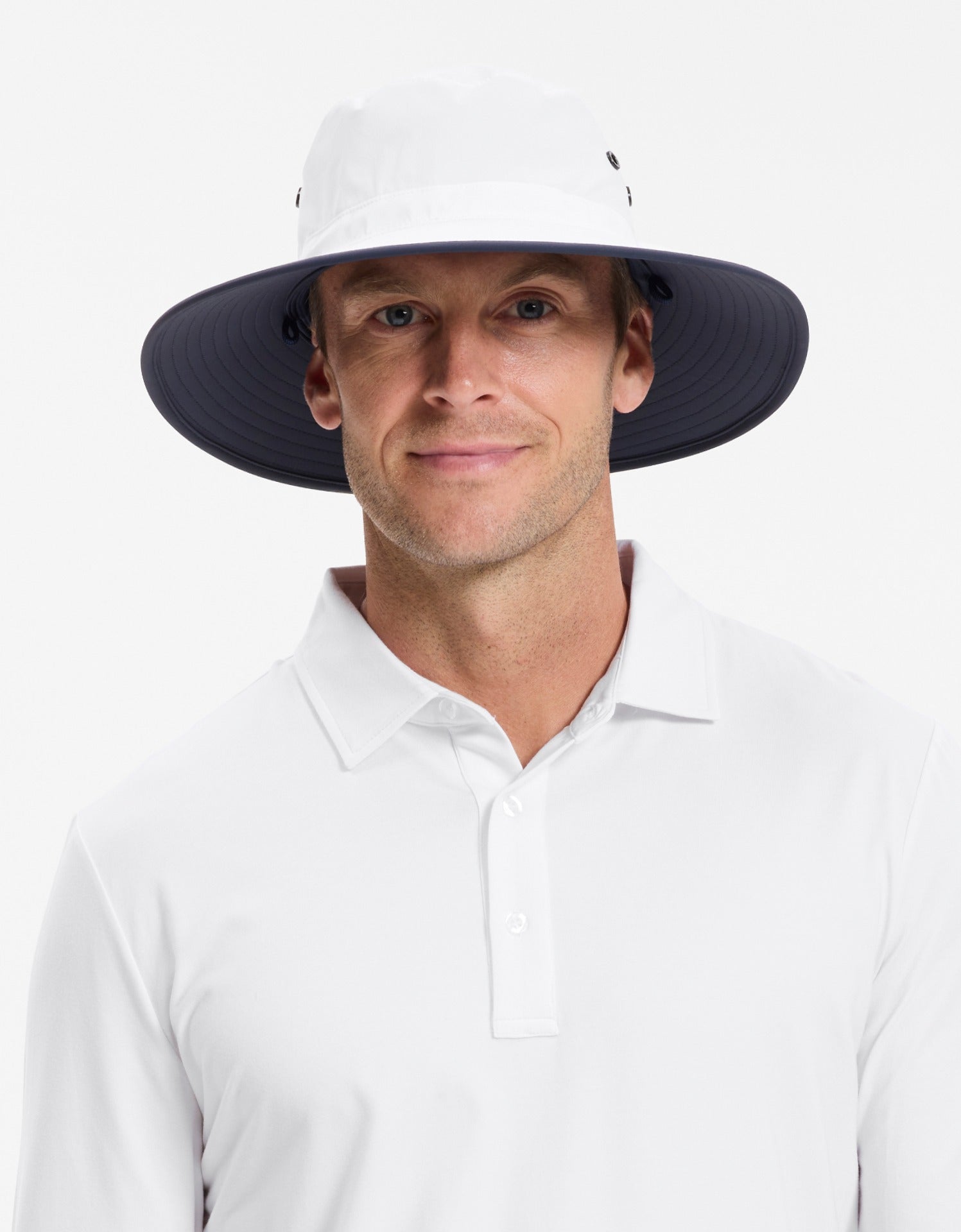What do you really know about skin protection?

There are a number of ways that you can protect your skin to prevent skin cancer.
- Wear UPF50+ sun protective clothing that covers large areas of the skin.
- Wear a UPF50+ sun hat with which blocks all the sunlight
- Wear sunglasses with a UV index of 3 to protect your eyes, the polarised ones tend to be more comfortable especially when on the water or fishing
- Seek protection in the shade when possible
- Use a broad spectrum sunscreen that provides protection from both UVA and UVB rays when the UV index hits 3 or above.
- Do not sunburn
- Do not use solariums
Remember it’s the UV radiation index that burns you, not the temperature!
We all know the saying prevention is the best medicine, well in the prevention of skin cancer this is absolutely true!
- Check your own skin every month. It takes 10 minutes and saves lives.
- Ask a family member or a friend or use a mirror for the areas which are hard to see (such as the back of the neck).
- Use a hairdryer on low heat to inspect your scalp.
- Keep a journal of your spots and moles.
- Report any spots or moles which are changing to your local GP or dermatologist.
- Remember that skin cancers, especially melanomas can occur on non sun-exposed sites such as the groin and feet. As a side note... did you know Bob Marley died of malignant melanoma under the nail of one of his toes?
- Remember to check all areas of the body, including between your toes, fingers and nails.
You can find out more about Solbari's certified UPF50+ sun protective range by clicking the links below:
Women UPF 50+
Men UPF 50+
Sun Hats UPF 50+
Accessories UPF 50+
SPF 50+ Sunscreen
Skin Check App

